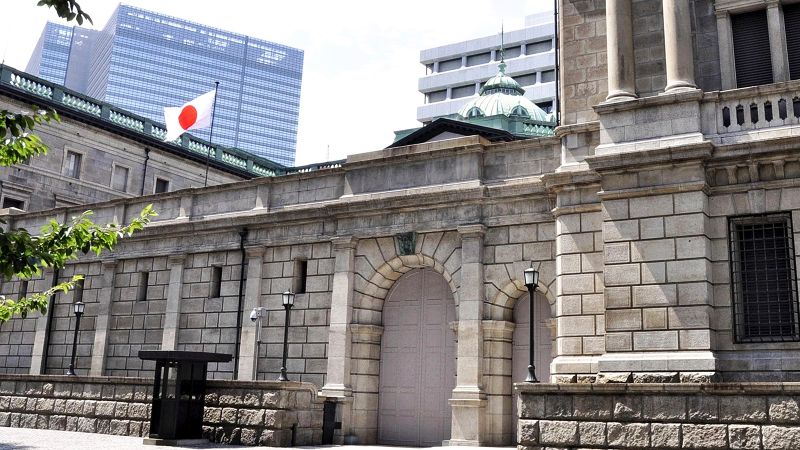Japan’s economy unexpectedly expanded by 3.1% in the second quarter, rebounding from a slump at the start of the year. This growth was largely driven by a strong rise in consumption, supporting the case for another near-term interest rate hike. The Bank of Japan predicted that a solid economic recovery would help inflation sustainably reach its 2% target, leading to further interest rate increases as they aim to exit years of massive monetary stimulus. The GDP increase exceeded market expectations and followed a contraction in the first quarter, indicating a positive overall outlook for the economy.
Private consumption, which accounts for over half of economic output, increased by 1.0% in the second quarter, surpassing forecasts and marking the first gain in five quarters. This growth in consumption is supported by real wage growth and could lead to further rate hikes, although the Bank of Japan remains cautious due to potential currency fluctuations. Rising living costs, partially due to a weak yen, had been a concern for households, leading to public discontent and influencing the resigning of Japan’s Prime Minister. However, economists expect continued recovery in consumption driven by strong spring wage talks and various subsidies aimed at boosting income levels.
An influx of tourism has also contributed to improved retail sales in Japan, with spending by tourists expected to reach 8 trillion yen this year. Fast Retailing, owner of the popular clothing brand Uniqlo, highlighted the strength of the domestic market in its recent earnings report. Additionally, capital spending, a key driver of private demand-led growth, increased by 0.9% in the second quarter. However, external demand, represented by exports minus imports, had a negative impact on growth, knocking off 0.1 point. The Bank of Japan had previously raised interest rates and outlined plans to taper its bond-buying program, aligning with their goal to gradually phase out monetary stimulus.
Japan’s decision to raise interest rates is a global outlier, as most major central banks are easing policy or moving towards that direction. The positive growth in consumption in Japan could further encourage the Bank of Japan to proceed with another rate hike later in the year. This move is seen as necessary for achieving their inflation target and maintaining a strong economic outlook. Overall, Japan’s economy showed signs of recovery in the second quarter, driven by increased consumption, tourism spending, and capital investments. Despite challenges such as rising living costs and external demand fluctuations, the positive economic data supports the potential for further interest rate hikes in the near future.


